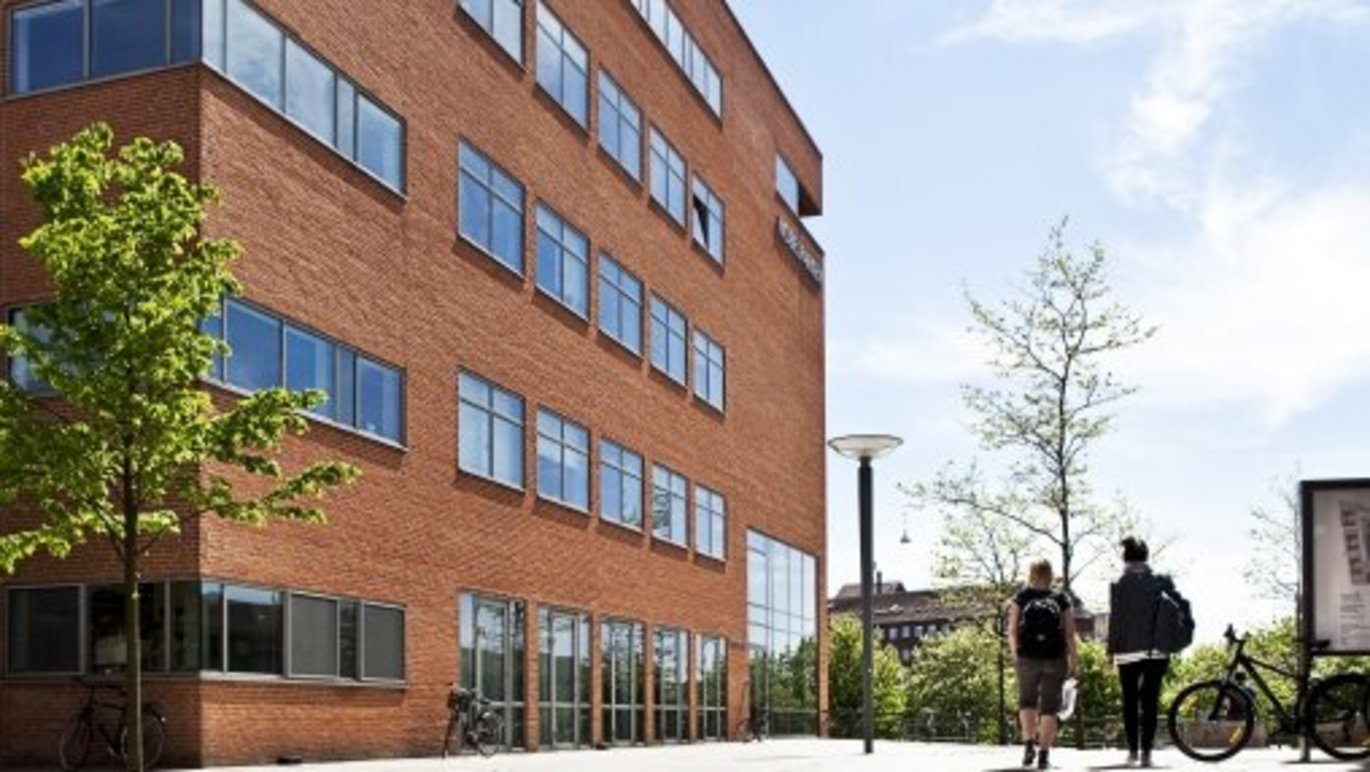Lecture: ‘I don’t understand my students’ - The importance of decentering and a reflexive stance for a learning relationship
In this lecture, visiting Professor Wesley Shumar will talk about 'decentering' - how can teachers explore the thinking of their students?

Time; Wednesday 30th August 1.30pm – 3.00pm
Venue; Nobel Park, Jens Chr. Skous Vej 4, 8000 Aarhus C, Building 1483, Room 454 or online via Zoom
Registration; Sign up via this link (registration deadline: 21 August 2023)
Target group; Faculty teachers and CED staff
The lecture is conducted by Professor Wesley Shumar, Department of Communication, Drexel University, Philadelphia, USA.
In her book Thinking as Communicating, Anna Sfard (2008) suggested that communication and cognition were flip sides of the same coin. Following a long history of social learning theory from John Dewey to more contemporary thinkers like Jean Lave and Barbara Rogoff, Sfard shows how knowledge and learning are social processes. As teachers, when we take advantage of the insights of these thinkers and researchers, it leads us to the realization that we must be in dialogue with our students, and we must struggle to understand what they are saying from their point of view. This is not easy, because we are naturally inclined to look at things from our point of view. A central point of this talk will be how to transition from our point of view to the point of view of the other.
The famous child psychologist Jean Piaget discussed the concept of “decentering” to talk about a development stage in the life of a child. Decentering is the moment when a child is no longer purely egocentric but is now able to take the perspective of others, in a sense, the child is able to get out of themselves and see different perspectives. Teuscher, Moore, & Carlson (2016) expand Piaget’s concept of decentering to talk about the ways that teachers can separate themselves from the way they might approach a problem in order to better understand what a student is thinking from the student’s point of view. This move is similar to George Herbert Mead’s idea of the “generalized other” as well as the anthropological tradition of taking the perspective of the “other.
This talk will explore a communicative and practice-based theory of learning and knowledge building and how that intersects the practice of decentering and getting outside oneself to explore the thinking of our students. The talk will develop the idea of double reflection, a concept that came out of my research and can be a technique for decentering and focusing on the thinking of our students.
The lecture is held in English.
The lecture is both with physical participation and the possibility to participate online via Zoom.
